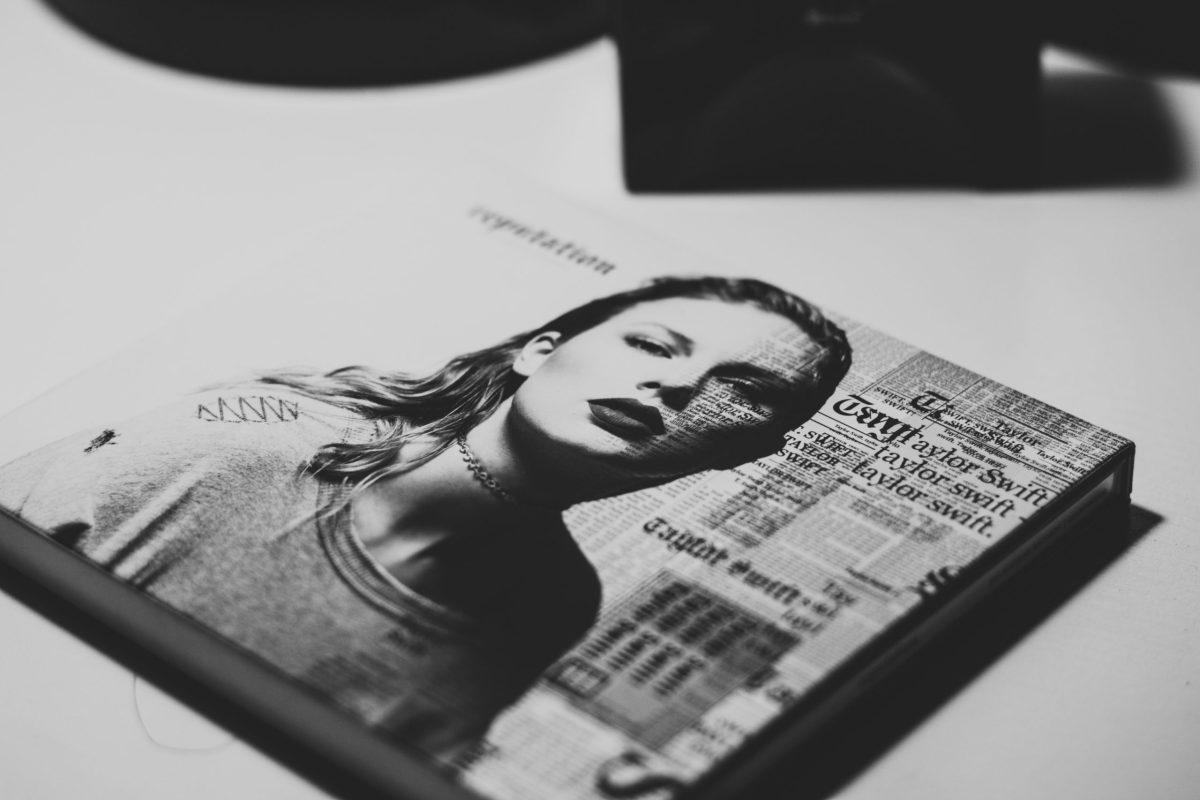On Feb. 4, Taylor Swift announced that she would be releasing her 11th album, “The Tortured Poets Department”, on April 19, during her acceptance speech after her Grammy win for best pop vocal album. The move was widely criticized, notably on X (formerly Twitter), by those who claimed a celebration of the music industry is no place to announce your 11th album — the Grammy Awards are not the Taylor Swift Hour. Commandeering an awards show to tease the album was not, perhaps, the most tasteful move Swift could have made.
Taylor Swift is a superstar. She has paved the way for women in music, allowed young people to feel empowered by their emotions, and fearlessly (pun intended) fought for artists to own their own masters. Her impact is unfathomable. So why does she constantly need more?
However, the bigger problem lies not in Swift’s announcement, but more in her need to award herself a title she may not have earned — the title of “poet.” It isn’t that she doesn’t write poetry — “Folklore” and “Evermore” are testaments to her ability to write strikingly beautiful lyrics, and her discography is full of poetic expressions of what it means to love, to lose and to be human.
However, this new album seems different.
I can’t help but associate this type of “millennial cringe” album title with the rise of TikTok poetry (Ginnie Bale’s all-too-familiar “He didn’t like drama / and I was fucking Shakespeare” poem comes to mind). This association only gets worse with the tracklist. Swifties will say I should know better than to underestimate Taylor Swift’s power to write a devastating Track 5, but it’s also hard to root for songs titled “Down Bad,” “But Daddy I Love Him,” and “I Can Fix Him (No Really I Can).” These song titles predict, at worst, songs written in the mold of TikTok poetry, and, at best, an overly-choreographed attempt to subvert expectations by disguising devastating lyrics behind superficial titles. The former is uninspired for all the obvious reasons. The latter would simply be another way for Swift to toy with people’s expectations, shifting the focus from her honest reflections to the surrounding gimmicks and tricks. It would be a predictable choice for Swift, with her long history of planting “easter eggs” in promotional materials, and one that a poet concerned solely with their art wouldn’t make.
Beyond this issue, though, lies another one: Taylor Swift defining herself as not only a poet but a “tortured” one. When we think of well-known “tortured” poets and writers, a few big names come up — Sylvia Plath, Anne Sexton and Virginia Woolf, among others. Swift’s work isn’t entirely removed from that of the other writers that fit the category. Her deeply honest lyrics covering everything from her struggles with her body image to her experiences with deep anxiety are not unlike Plath and Sexton’s confessional poems. However, placing herself among some of history’s most famous, talented, and fondly remembered “tortured” poets is self-indulgent at best. Plath and Sexton were not self-titled “tortured poets” — they were poets who candidly wrote about their thoughts and experiences simply for the sake of it.
Swift’s attempt to control how her career is perceived seems to undermine, to some extent, her making art for art’s sake. In her desire to cultivate the aesthetic of a “tortured poet,” she diminishes her writing’s capacity to stand on its own. The “tortured poets” we think of today didn’t write with the intention of one day being labeled tortured poets. Their writing was confessional for its own sake, and by allowing their readers to interpret and value their writing as it is, their legacies came to stand on their own. Swift, in forcing her fans to recognize her as a tortured poet, explicitly refuses to trust her audience and her own work’s ability to stand alone.
Swift’s lack of trust in her audience is also, unfortunately, coupled with a greed that’s difficult to overlook. It’s hard to imagine that Taylor Swift, who consistently releases new and exciting ways for you to give her your money, is writing her poetry purely for the love of the game. While at some points, she reads as a poet who cannot stop writing, the accompaniment of Taylor Swift, The Brand, undermines her authenticity as a writer.
The answer is not that Taylor Swift must minimize herself and adopt a faux humble persona to fit with some narrow definition of what a poet is supposed to be. It’s not that Taylor Swift is unable to be a poet – or that she isn’t one already. However, explicitly placing herself among the greats is a disingenuous attempt for Swift to redefine herself in the public eye, and any genuine progress she makes toward earning the title of poet is cheapened by her visible desperation to be considered one. It was easier to call Taylor Swift a poet when she wasn’t shoving it down our throats.




